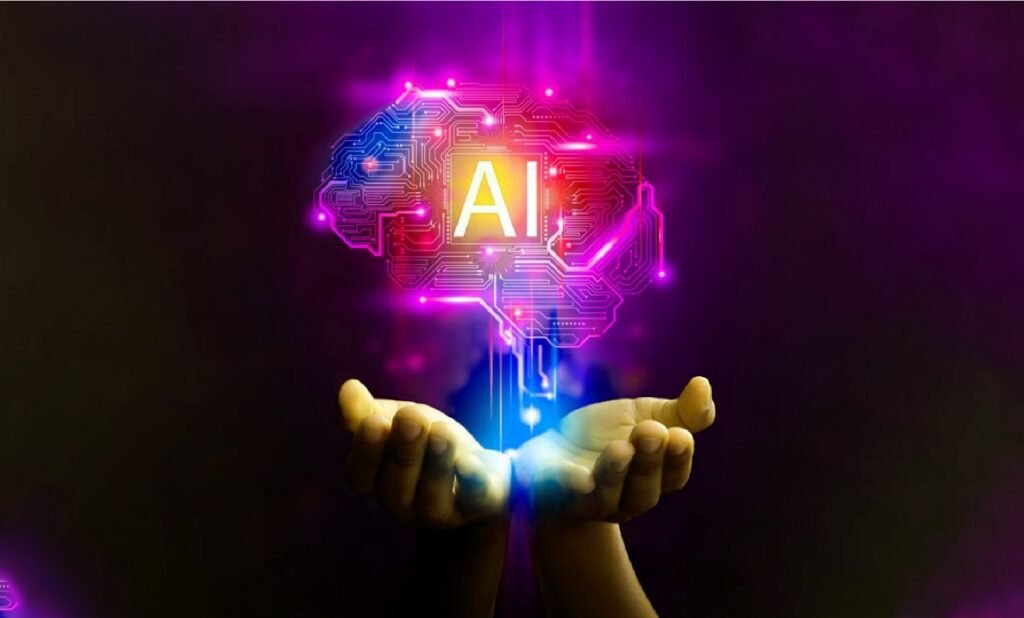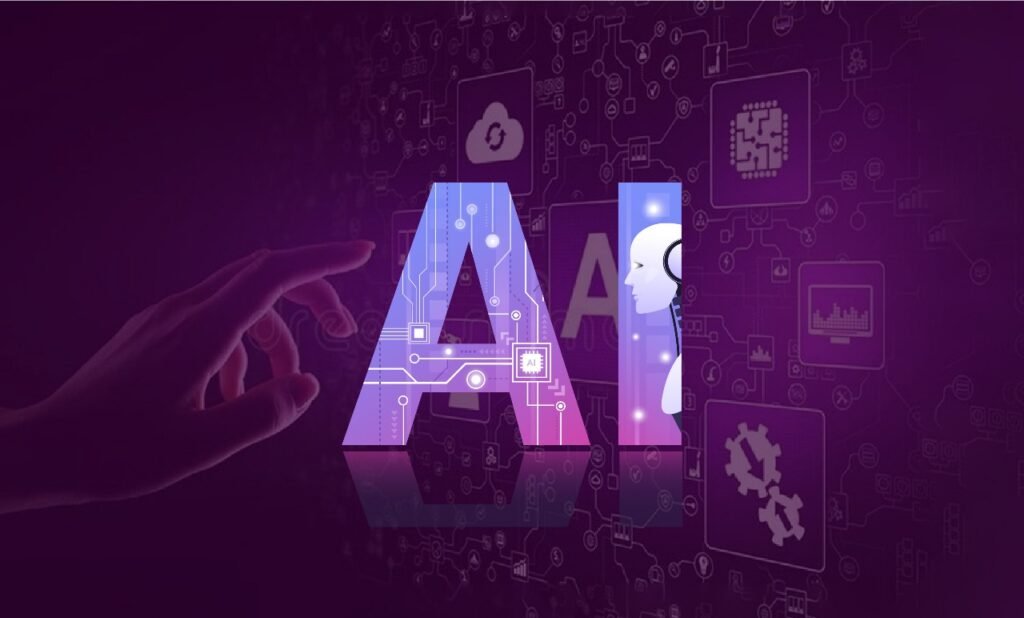The Future Is Now
Artificial Intelligence (AI) is transforming everything from business operations to communication. Let’s examine the true nature of artificial intelligence, its operation, and the reasons it is influencing almost every business going forward.
What is Artificial Intelligence?
The ability of software and robots to simulate human intelligence is known as artificial intelligence. Learning from facts, comprehending language, identifying patterns, and even making decisions are all included in this.
Important AI Aspects:
1) Algorithms that enable systems to learn and get better with experience are known as machine learning (ML) algorithms.
2) Machines can comprehend and react in human language thanks to natural language processing, or NLP.
3) Machines can “see” and understand visual data with the aid of computer vision.
4) Robotics: combines mechanical systems and artificial intelligence to carry out intricate tasks.
A Brief History of AI
- 1950s: Alan Turing proposed the Turing Test.
- 1956: The term “Artificial Intelligence” was coined at the Dartmouth Conference.
- 1980s-2000s: Slow but steady progress with expert systems and neural networks.
- 2010s-Present: Rise of deep learning, big data, and AI-driven applications.
How AI Works: A Simple Explanation
- Data Collection: AI systems learn from large datasets. This is a basic explanation of how AI operates.
- Training methods: A variety of methods are used to train models using data.
- Pattern Recognition: The system recognizes correlations and patterns.
- Making Decisions: AI makes predictions or decisions based on data it has learned.
Applications of AI in Real Life
1. Healthcare
- Disease diagnosis using AI imaging.
- Drug discovery and personalized treatment plans.
2. Finance
- Fraud detection.
- Algorithmic trading and customer support bots.
3. Education
- Smart tutoring systems.
- AI-powered personalized learning experiences.
4. E-commerce
- Product recommendations.
- Chatbots for customer service.
5. Transportation
- Self-driving vehicles.
- Traffic prediction and logistics optimization.
Benefits of Artificial Intelligence
- Efficiency and Automation: Reduces manual labor and speeds up activities.
- Data-Driven Decisions: Provides information gleaned from extensive datasets.
- Machines are available around-the-clock and don’t require breaks.
- Customization: Improves the user experience on all platforms.

Conclusion
Artificial intelligence is a disruptive force that is changing economies, society, and industries. It is not merely a passing fad in technology. AI is changing the capabilities of machines, from allowing life-saving medical improvements to streamlining daily tasks with smart assistants. AI is undoubtedly here to stay as businesses use it to increase productivity and decision-making. But enormous power also comes with immense responsibility. To make sure AI serves everyone equally, we must address ethical issues including bias, data privacy, and the effect on jobs. It is essential to make investments in responsible development, open policies, and AI education. Human-machine cooperation has enormous potential to improve our capabilities rather than replace us. Adopting AI with consciousness and responsibility will be the key to the future.






